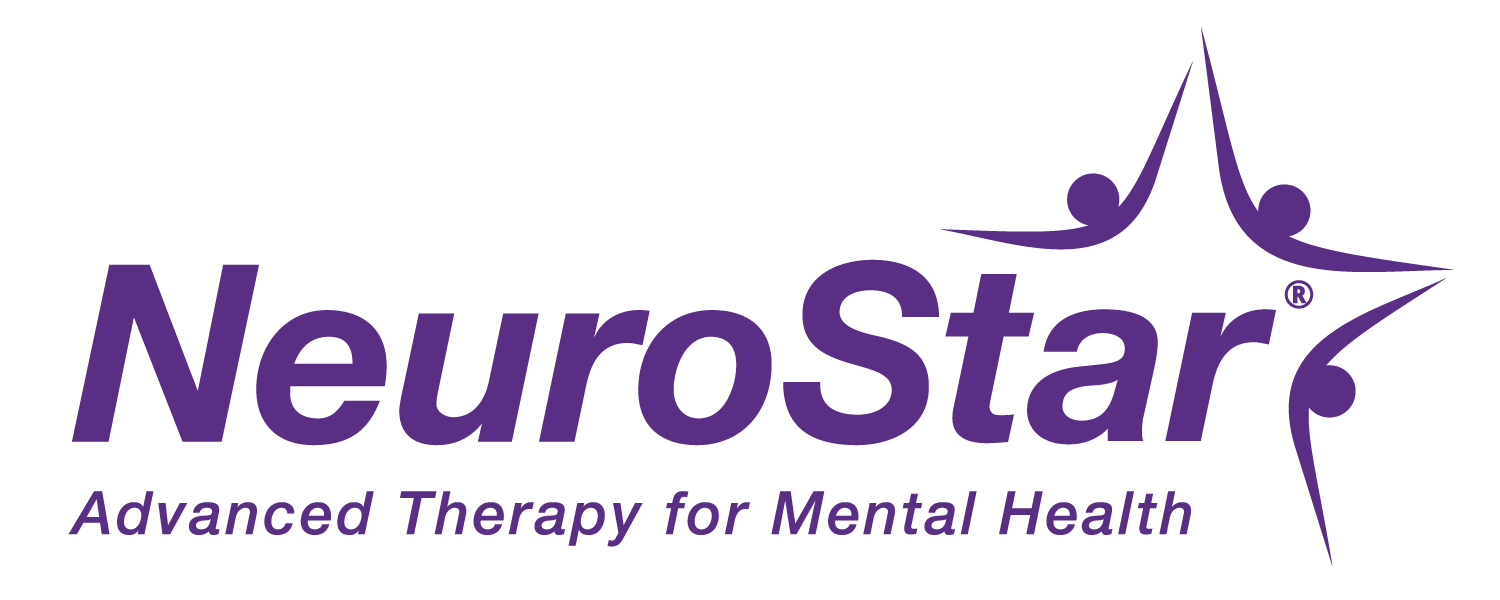
Introduction
Psychopharmacology is the investigation of the impact of drugs on mood, perception, cognition, and behavior through the manipulation of brain chemistry. Psychopharmacology is the intersection of psychology, neuroscience, and pharmacology, and it enables us to design medications for various mental health disorders such as depression, anxiety, schizophrenia, ADHD etc.
Important Concepts in Psychopharmacology
1. Neurotransmitters & Drug Action
Psychoactive drugs mainly act by influencing neurotransmitters—chemical messengers in the brain. Some common neurotransmitters are:
• Serotonin (regulation of mood – targeted by SSRIs such as Prozac)
• Dopamine (pleasure & reward – influenced by stimulants such as Adderall)
• GABA (sedative effect – potentiated by benzodiazepines such as Xanax)
• Glutamate (excitatory – implicated in disorders such as schizophrenia)
Drugs can cause an increase, blockade, or modulation of these chemicals, resulting in therapeutic or euphoric effects.
2. Major Classes of Psychotropic Drugs
•Antidepressants (SSRIs, SNRIs, TCAs) – Increase serotonin/norepinephrine to help depression and anxiety.
• Antipsychotics (Typical & Atypical) – Inhibit dopamine to treat schizophrenia and bipolar disorder.
• Anxiolytics (Benzodiazepines, Buspirone) – Augment GABA to decrease anxiety.
• Stimulants (Amphetamines, Methylphenidate) – Increase dopamine/norepinephrine for ADHD.
• Psychedelics (LSD, Psilocybin) – Shows promise for PTSD and depression through serotonin modulation.
3. Mechanisms of Action
Drugs affect the brain in various ways:
• Agonists (bind and activate receptors, i.e., morphine on opioid receptors).
• Antagonists (bind and block receptors, i.e., naloxone for opioid overdose).
• Reuptake Inhibitors (block neurotransmitter clearance, e.g., SSRIs).
Applications & Challenges
Therapeutic Uses
Psychopharmacology has transformed mental health treatment:
• Depression: SSRIs such as fluoxetine (Prozac) restore balance of serotonin.
• Schizophrenia: Atypical antipsychotics (e.g., risperidone) minimize hallucinations.
• ADHD: Stimulants enhance concentration by boosting dopamine.
Side Effects & Risks
Though effective, psychotropic medications can lead to:
• Dependence (e.g., benzodiazepines).
• Metabolic changes (weight gain due to antipsychotics).
• Withdrawal symptoms (e.g., SSRI discontinuation syndrome).
Future Directions
New research investigates:
•Personalized medicine (genetic testing for drug compatibility).
• Psychedelic-aided therapy (for PTSD, esketamine for depression).
• Non-addictive substitutes (e.g., CBD for anxiety).
Conclusion
Psychopharmacology is a vital component of mental health care, holding hope for millions. Yet, a balance between efficacy, safety, and individual variations is still elusive. As scientific progress is made, we approach more targeted and sustainable therapies for brain disorders.

